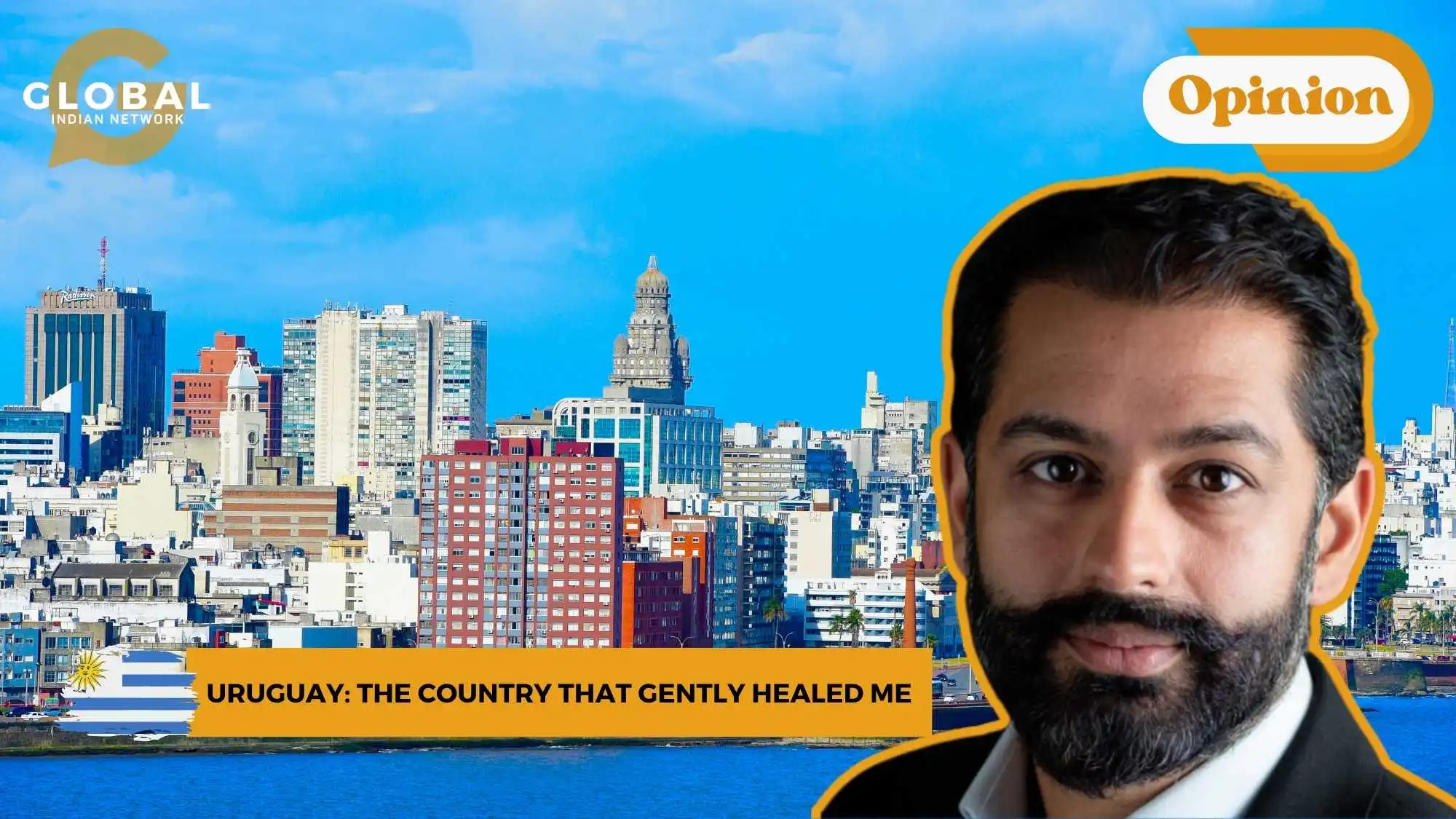I arrived in Uruguay at a time when my soul was still catching its breath. Just weeks earlier, my mother had continued her voyage to the ether. Her absence was a fresh ache, and I carried it with me across borders and time zones like a silent passenger. Just over a year before, my father had already journeyed on.
I didn’t come to Uruguay seeking transformation. If I’m honest, I came with the weight of obligation and routine. My friend Pablo at One World Media had suggested that the Global Indian Network cover the country. I had expected logistics. Meetings. A schedule. But what I found here was something else entirely.
Somewhere between the salt in the meat, the silence in the streets, and the unmistakable sincerity in people’s eyes, something within me began to shift.
And on my final day, as I sit alone in a quiet hotel suite courtesy of the Radisson, the realization arrives gently but with certainty: I needed Uruguay far more than Uruguay ever needed me.
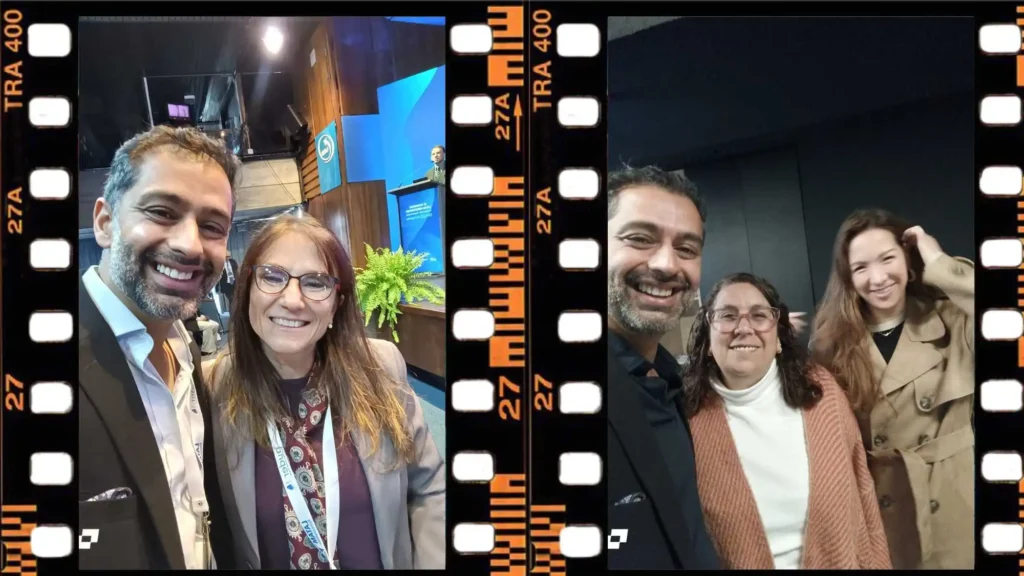
That’s not to say Uruguay doesn’t enchant. Its wines are sublime. Its foods melt with a kind of slow magic. Its buildings, though modest, whisper stories that only stillness can hear. But those aren’t the things that changed me. They can be replicated elsewhere more or less, but not with the same soul.
What cannot be replicated is Uruguay’s essence, its rare ability to strip away the excess of modern life and remind you, with quiet conviction, of who you are beneath it all. This is a kind of emotional intelligence that many destinations try to manufacture through carefully curated images; however, here, it simply is.
Uruguay does something profound, perhaps without fully knowing it. It makes you emotionally naked. It reveals you to yourself. But only if you’re willing to listen. And this is a country overflowing with stories, if you’re still enough to hear them.
The buildings weathered, poetic are just the backdrop. The true masterpiece is the human tapestry. This country’s greatest treasure isn’t its architecture or cuisine. It is its people.
One evening, Fabrizio and Ema at the Radisson front desk spoke about something I’ll never forget: “If you think you can come to Montevideo and understand it immediately, you’re mistaken. It’s not that kind of city. Montevideo is like a sacred mountain; it has to accept you. And when it does, it embraces you.”
And it’s true. Utterly and completely.
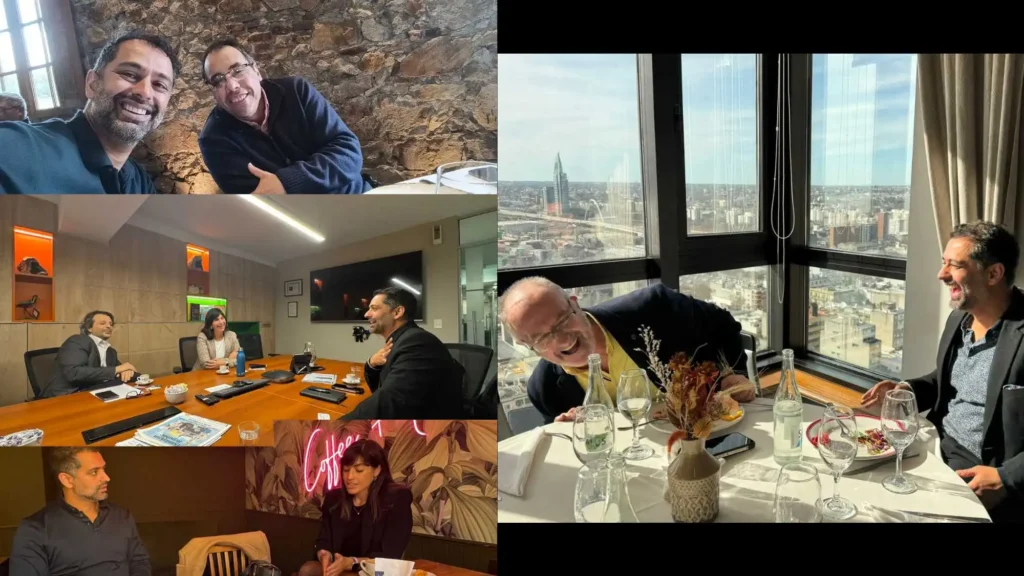
Montevideo doesn’t perform for you. It holds you not with grand gestures, but with quiet presence. It doesn’t shout for attention, but it deserves far more than it receives. Not because of its façades, but because it is a place of quiet dignity, inhabited by people who know who they are.
I fell in love with Montevideo the moment I arrived. And not in some abstract, romantic way but in real, human moments.
From the taxi driver who offered his mate and shared his story, to Gustavo from Investor Trust, who, after hearing I loved rugby, surprised me with a local jersey I’d casually mentioned wanting, no agenda, no transaction. Just kindness. A man whose business success is rooted in integrity and human values. Something much needed in the world of investments.

There were the brothers Nino and Santiago, whose wines were so rich in aroma I joked they should be bottled as cologne. But it was their generosity and warmth that left the strongest note. And Juan Pablo, whose family carried not only craftsmanship but also a legacy, shared stories of his grandfather, who at the age of 88, started a new business selling cheese. Not for recognition. Simply because he could. That spirit, resilient, curious, unapologetically alive, sits at the heart of Uruguay.
Then Pablo, the Minister of Tourism, who on a grey, rain-soaked Saturday, invited Lorena and me to lunch not for diplomacy, not for persuasion, but to share a meal, ideas, and laughter.
There was Ronaldo at the Radisson, whose laughter left us in joyful tears. And the Minister of Agriculture, who allowed himself to cry while speaking about a former president, not out of performance, but out of love.
There were so many more: the Uruguayan version of Hugh Jackman, whose company now leaves footprints in the U.S.; Yuliana, dismantling old archetypes and forging new possibilities for women in tech; and other energy pioneers, AI innovators, artists, educators, and economists all reshaping the country’s narrative in quiet, determined ways.
What I found here was not simply a destination.
What I found was dignity. Kindness. Depth.
This is Uruguay. A place where being human is enough. Where hearts are not shielded but shared.
It is a country I needed more than I ever knew. A country that held me through my grief, reflected my stillness, and helped me rediscover meaning. And as I prepare to leave, I am deeply, indelibly changed.
But this is only the beginning.
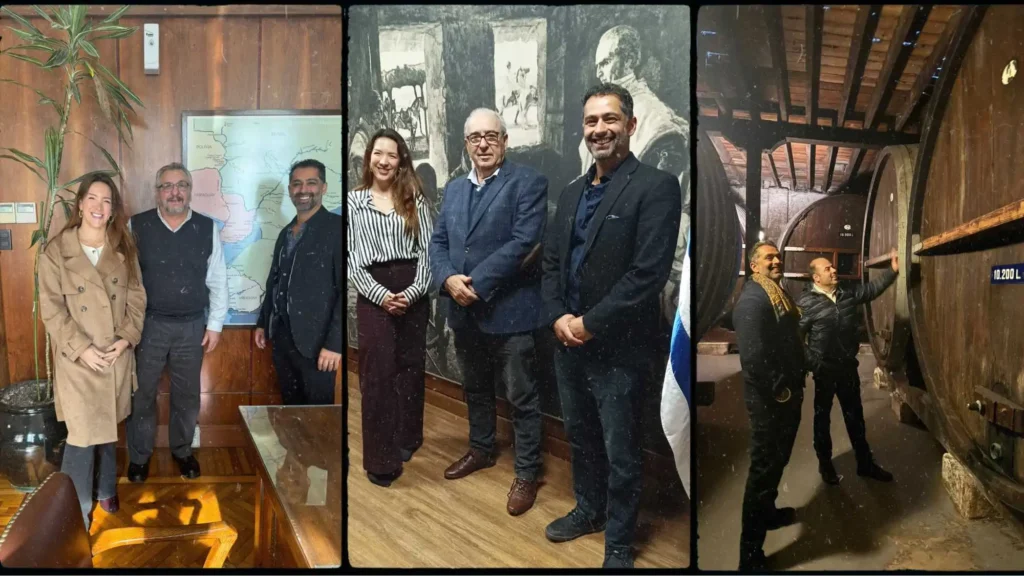
But let me be clear, Uruguay is not utopia. Like every nation, it holds both the admirable and the questionable, the celebrated and the complex. And that’s precisely why this moment matters.
Through the Global Indian Network, we are already bringing together the key players and the voices that represent the very best of Uruguay. In the coming weeks, our platform will be launching Uruguay’s official destination page. It will be more than a digital space, a place where truth and connection take precedence over promotion. Where the heartbeat of the country can be felt through the people shaping it. A place where the world can engage directly with the people, projects, and possibilities that make Uruguay a country of rare substance. It will be a living narrative, a curated ecosystem of insight, opportunity, and identity.
From pioneering businesses to globally minded entrepreneurs, from cultural innovators to ministers who hold both knowledge and vision, these are individuals and institutions that are trusted. Those are actively shaping the country’s future. They believe deeply in the opportunities Uruguay presents, not just for today but for generations to come. Not romanticised, not exaggerated, but honest, vibrant, and full of potential.
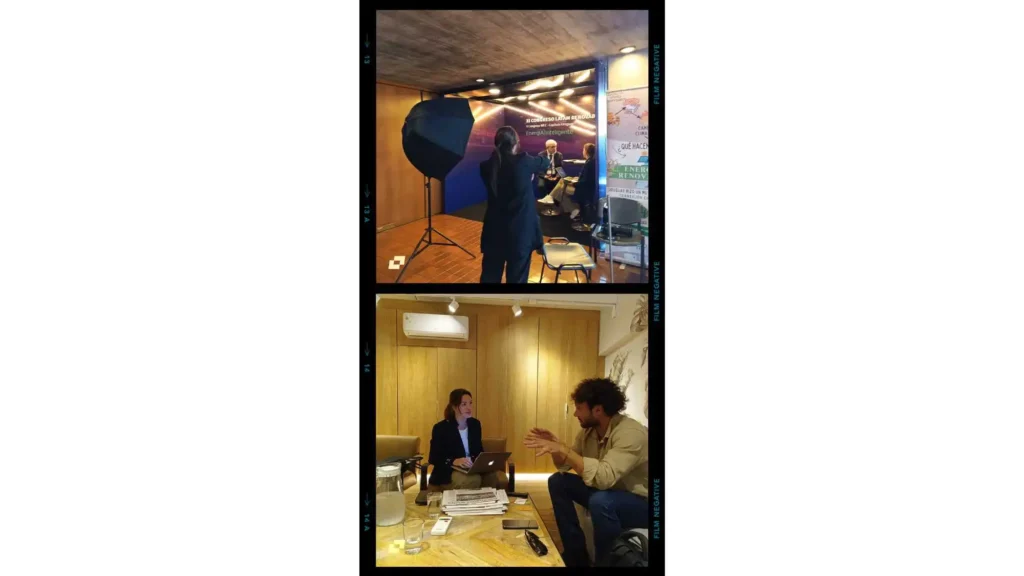
A very dear friend of mine, Bob Bania, once shared a tribal belief with me after my mother passed: that when you grieve, your spirit guide returns not to console, but to take a small piece of your heart. Because your heart must break. That’s how the light gets in. And only when you’re ready do they return it to you, stitched anew.
Here in Uruguay, perhaps for the first time, I felt that part of my heart return.
Not only by a spirit.
But by a country.
And it’s beautiful.
Truly, it is beautiful.

Let us know your thoughts. If you have burning thoughts or opinions to express, please feel free to reach out to us at larra@globalindiannetwork.com.
YOU MIGHT ALSO LIKE: The Dish That Stopped Time: A Love Letter to Montevideo




